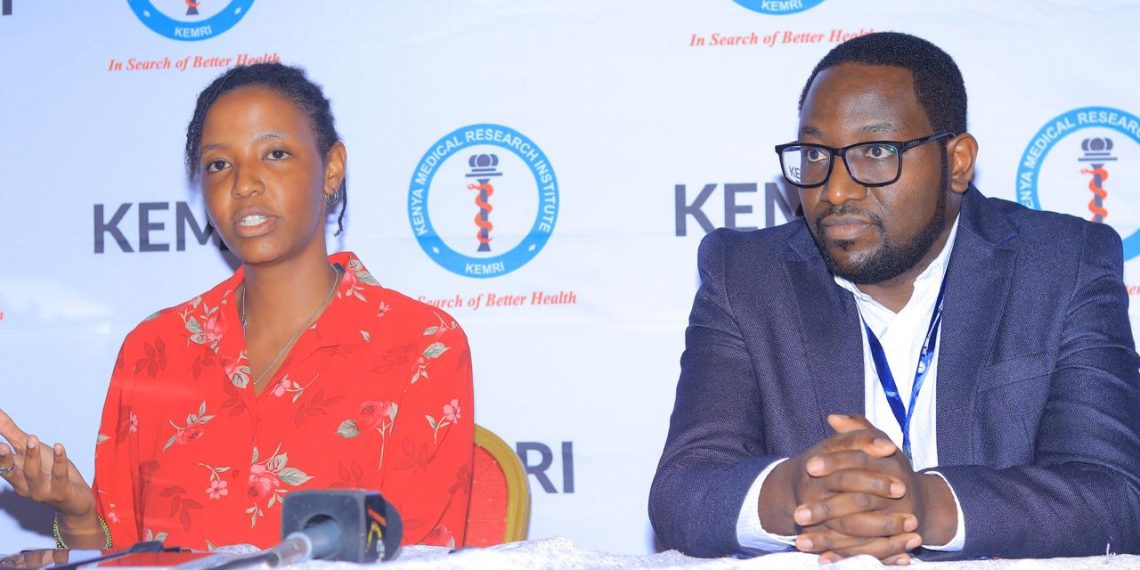Kenyan High Court ruling which declared Section 226 of the Penal Code, which criminalized attempted suicide, unconstitutional, marks a significant shift in the country’s approach to mental health and justice by removing punitive measures that have long discouraged individuals from seeking help, mental health experts says.
According to Dr. Boniface Chitayi, a psychiatrist and lecturer at Kenyatta University’s School of Health Sciences,the ruling is a breakthrough for mental health advocacy in Kenya.
“This means that individuals who attempt suicide can now seek medical intervention without fear of prosecution,” he stated. “Previously, those struggling with mental illness faced double punishment: suffering from their condition and enduring legal consequences.”
The law, a remnant of colonial-era policies, has long been criticized for exacerbating the stigma surrounding mental health. Mental health experts argue that treating suicide as a crime rather than a medical condition has led to avoidable suffering and deaths.
According to the World Health Organization (WHO), over 720,000 people die by suicide globally each year, with Kenya recording an estimated four suicide deaths daily. However, experts believe this number is significantly underreported due to the legal consequences previously associated with suicide attempts. The now-overturned law subjected individuals to up to two years in jail, a fine, or both, reinforcing stigma and hindering treatment.
Globally, suicide remains a pressing public health issue, ranking as the third leading cause of death among individuals aged 15-29. In Kenya, WHO ranks the country as the sixth highest in Africa for cases of diagnosed depression, with approximately 1.9 million individuals affected.
Dr. Chitayi emphasized the importance of dismantling cultural and traditional beliefs that have stigmatized attempted suicide. He called for widespread public education to ensure communities understand the legal changes and adopt a more supportive approach. “People who attempt suicide are often subjected to corporal punishment in their communities,” he noted. “We must now encourage people to view suicide attempts as medical emergencies requiring immediate care.”
Recognizing the role of religious leaders in shaping societal attitudes, mental health experts are advocating for their involvement in suicide prevention efforts. “Religious leaders must be informed because much of our perception of suicide stems from religious teachings,” Dr. Chitayi said. “We need a dialogue between religious institutions and mental health professionals to align scientific understanding with spiritual beliefs.”
Traditionally, individuals who die by suicide in some Kenyan communities have faced posthumous discrimination, including being buried outside their homes or denied funeral rites. Experts believe religious and cultural shifts will be critical in eliminating these stigmatizing practices.
As Kenya moves forward, stakeholders are pushing for the full implementation of the Suicide Prevention Strategy 2021–2026, which focuses on evidence-based interventions to reduce suicide rates. One of the key recommendations is training frontline healthcare workers, including nurses and doctors, to properly manage and treat individuals at risk of suicide.
Christine Njambi, a research scientist at the Kenya Medical Research Institute (KEMRI), underscored the importance of data-driven policy making. “We have a presidential task force on mental health that ensures policies are informed by research,” she said. KEMRI is conducting extensive research on adolescent depression in Kenyan high schools and the mental health needs of healthcare workers. Additionally, the institute is collaborating with Harvard University and Aga Khan University on genetic studies related to mental health conditions such as psychotic disorders and post-traumatic stress disorder (PTSD).
Recognizing the role of religious leaders as first responders in suicide cases, KEMRI is also developing training manuals to guide them on appropriate interventions. “We will be holding co-creation workshops with religious leaders to help them respond effectively to suicide crises,” Njambi explained.
To further strengthen mental health reforms, the Ministry of Health, in collaboration with KEMRI, is developing Kenya’s first National Suicide Registry and National Mental Health Survey. These initiatives aim to provide accurate data on suicide cases, inform policy decisions, and improve prevention efforts. “This is the first of its kind in Kenya, and while it is still in its early stages, we are actively working on it,” Njambi added.
The decriminalization of attempted suicide in Kenya is a significant step in addressing the country’s mental health crisis. However, experts stress that legal changes alone are not enough. Public awareness campaigns, increased funding for mental health services, and destigmatization efforts must accompany this reform to ensure lasting change.
“This ruling is a correction of historical injustices,” Dr. Chitayi affirmed. “It will save lives and allow those struggling with mental illness to seek help without fear. Now, we must focus on implementing these changes at every level of society.”














